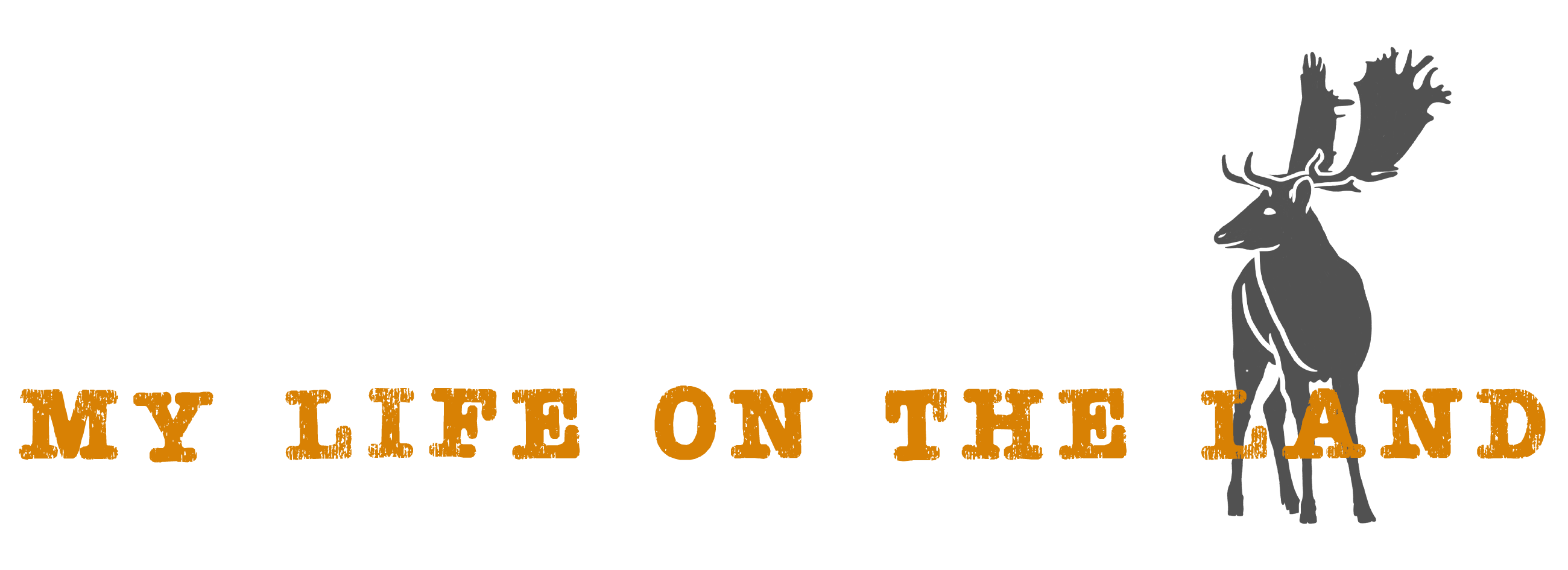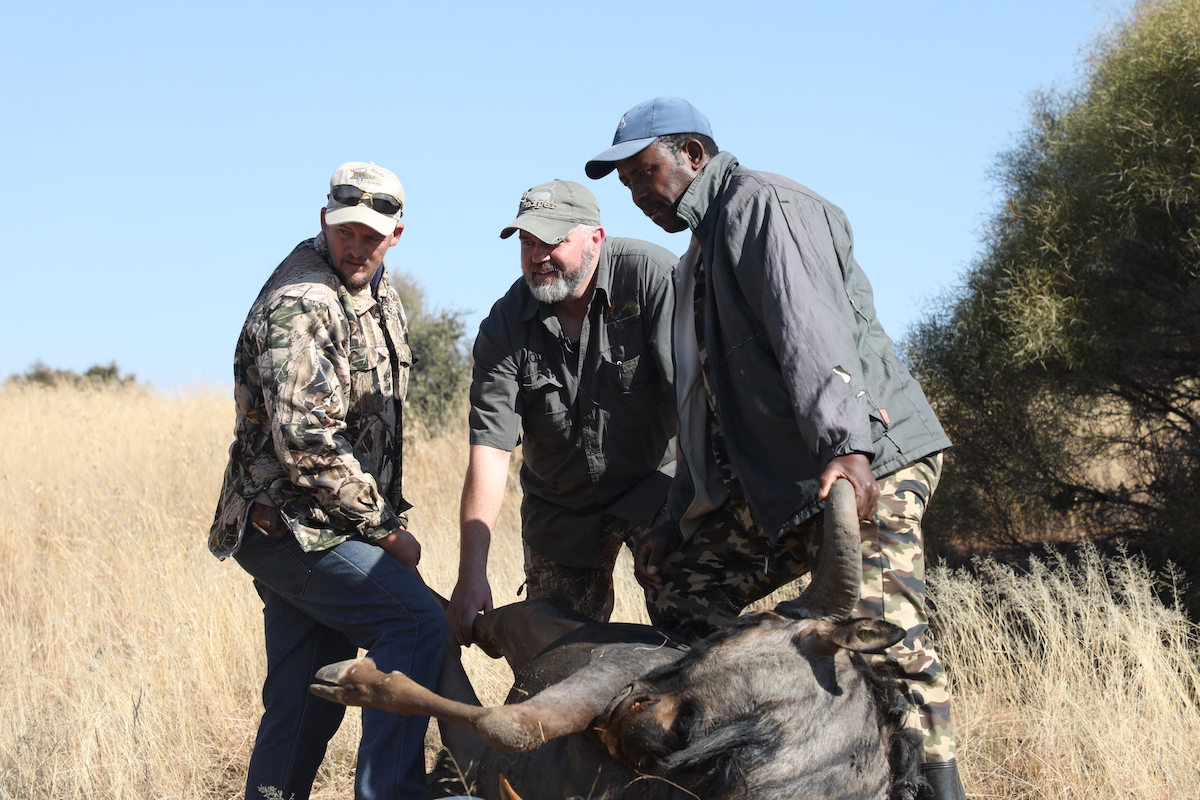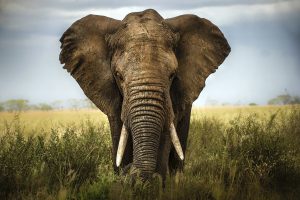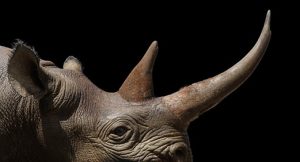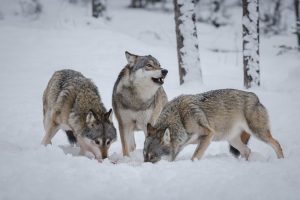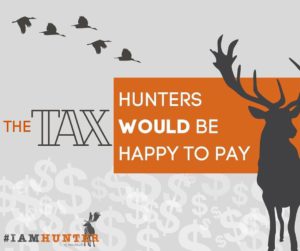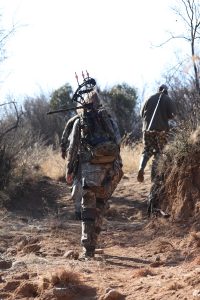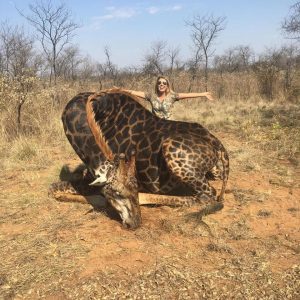In South Africa, privately owned game reserves and safari parks have long provided the lion’s share of employment in rural areas but with Covid-19 bringing tourism to a standstill and causing historic unemployment, South Africa’s game reserves now provide the lion’s share of meat to those same struggling local communities.
From pest to prosperity
There has always been a complicated but symbiotic relationship between wildlife in South Africa and the economic prosperity of its people – and it hasn’t always been a healthy relationship. In the early years, wildlife paid the ultimate price for South Africa’s agricultural prosperity, with massive tracts of land cleared for commercially viable crops and livestock. The only safe haven for wildlife was in the country’s small handful of National Parks. Everywhere else, they were fair game for meat hunters and enterprising farmers looking to make a quick buck.
By 1964, the South African government made a startling discovery. Wildlife numbers had dwindled to a mere 575,000, with many iconic species now perilously close to extinction. For wildlife to survive, the people needed to see them as valuable.
Over the next thirty years, South Africa enticed rich international travellers to come and interact with the animals, which started to move the dial slightly. But it wasn’t until 1991 that the pendulum swung the other way, with the introduction of the Game Theft Act that allowed private ownership of wildlife.

Healthy wildlife numbers
Today, wildlife numbers sit at a much healthier 24 million – a whopping 4073% increase on what it was back in the 1960s. The vast majority of those animals exist on around 10,000 privately owned game reserves, which form the backbone of South Africa’s $12 billion (AUD) tourism industry.
So what happens when a global pandemic, like Covid-19, cuts the flow of that income?
From riches to rags
Six months ago, nobody could have predicted the devastating impact Covid-19 would have. At the time of writing, over 9.5 million people have contracted the virus, and almost half a million have died from it. But the economic impact is proving just as deadly.
This is especially the case in South Africa, where, according to the World Bank, around 34% – or around 2 million people – live in rural areas, where employment opportunities are limited, government welfare almost non-existent and poverty is the norm.
Thanks to growth in the tourism industry, game reserves had become one of the largest employers in rural areas.
But Covid-19 restrictions brought all of that to a screaming halt.
Game owners make hard decisions
With tourism income drying up, game reserve owners had to drastically cut back on employees. Businesses that had once had more than 50 staff members now had a skeleton staff of just a few – enough just to keep the lights on.
Keeping wild animals isn’t a cheap exercise either. In addition to employment costs, there are operational costs to consider, such as feeding all those animals.
There’s a funny thing about animals. They don’t stop wanting food just because the tourists stop coming.
Game owners were faced with some agonising decisions. They could keep their animals and hope the tourists would return soon but to do that, they not only faced financial ruin, they also ran the risk of poachers hitting their herds.
 Throughout much of Africa, there’s a direction correlation between financial hardship and poaching of wildlife. International headlines tend to focus on the economic gain associated with wildlife poaching (rhinoceros horns, elephant tusks, tiger testicles), but it overlooks the simple fact that the vast majority of poaching is for food or survival. That in no way excuses poaching, but seeks to understand what drives it.
Throughout much of Africa, there’s a direction correlation between financial hardship and poaching of wildlife. International headlines tend to focus on the economic gain associated with wildlife poaching (rhinoceros horns, elephant tusks, tiger testicles), but it overlooks the simple fact that the vast majority of poaching is for food or survival. That in no way excuses poaching, but seeks to understand what drives it.
Game owners could try to recover some of the money by selling some of their animals – either for breeding or meat but Covid-19 had hit right at the peak of the hunting season, which traditionally sees both meat and animal prices halve.
Besides, who would buy them? Other game owners were in the exact same position and restaurant trade had all but dried up.
While game owners – and their animals – felt the pinch of Covid-19, it was the locals who truly felt the punch!
Charity trucks soon replaced the tourist buses; an army of volunteers trying desperately to meet the growing need of the country’s poorest people. With money tight all around, they could only deliver basic staples: bread, potatoes, and a handful of meagre vegetables. Quality protein was beyond the scope of these charities.
Game reserves become the food bowl of the nation
If necessity is the mother of all invention, adversity is the father of re-invention.
At the intersection where local charity need met with game owner need, an unlikely partnership was formed.
If game owners were going to cull hundreds of animals, why not donate the meat to these charities to help feed the hungry? It sure beat the alternative; leaving carcasses to rot in the fields.
As is often the case, it is not large industry and governments driving the catalyst for change but small, private businesses and charities.
Government corruption is an ongoing problem in South Africa. Several allegations have arisen of government officials hoarding food supplies for personal and political use – a situation that unfortunately grows in proportion to the desperation.
Over the last two months, small family-run lodges and local charities have been able to circumvent government red-tape and corruption, and deliver more than 1500kgs of antelope venison to disadvantaged rural communities.
 There is no denying that this is a wonderful initiative. Yet it is also tempered with an uneasy realisation: if Covid restrictions continue for too long, and the tourists don’t return, game owners will be forced to continue culling wildlife. And that could see us come full circle to the days when their numbers were in serious decline!
There is no denying that this is a wonderful initiative. Yet it is also tempered with an uneasy realisation: if Covid restrictions continue for too long, and the tourists don’t return, game owners will be forced to continue culling wildlife. And that could see us come full circle to the days when their numbers were in serious decline!
What is I Am Hunter?
I Am Hunter wants to change the way hunting is perceived and to change the conversation from a negative one driven by anti-hunters to a positive one led by hunters.
Our goal is to help hunters become positive role models and ambassadors for hunting, while simultaneously helping non-hunters understand why hunting is important.
You can become a supporter and help us achieve our goal and spread a positive message about hunting with the wider community.
Related content
If you would like to know more about hunting wallabies, kangaroos or deer in Tasmania, check out these related articles and podcasts.
Our other channels
Follow us on Facebook
Follow us on Instagram
YouTube
Subscribe to our YouTube channel.
Get our newsletter
Get our free monthly newsletter direct to your inbox
Listen on iTunes
Listen to our podcast on iTunes.
TV series
Watch I Am Hunter episodes on My Outdoor TV (MOTV)
